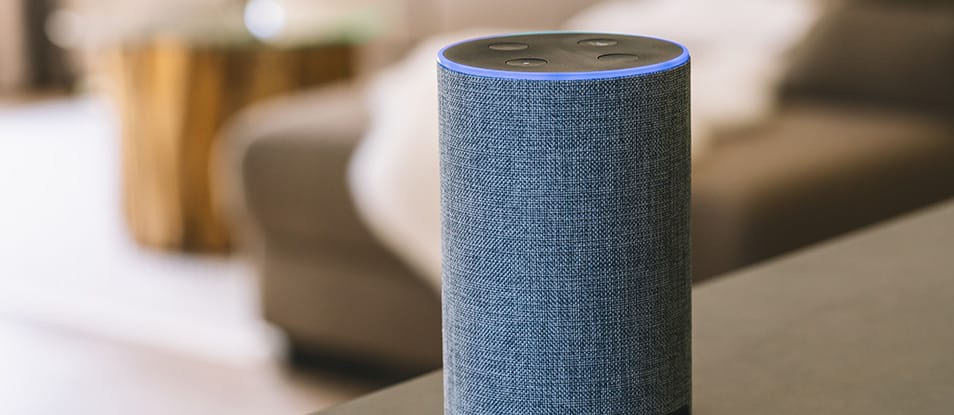
 Assistant: Amazon’s AlexaHardware: Echo, Echo Dot and Echo Show
Assistant: Amazon’s AlexaHardware: Echo, Echo Dot and Echo Show
Alexa is the longest established assistant in the home (outside of smartphones), which means it also has the biggest list of skills for you to use – over 10,000.Assistant: Google’s AssistantHardware: Google Home (Standard, Max, Mini, and Hub models)
With the data of Google Search informing its artificial intelligence, Google’s Assistant is arguably more intelligent than Alexa or Siri, meaning you should be able to find answers to a broader range of questions, and this should only get better over time.Assistant: Apple’s SiriHardware: HomePod
Siri is exclusive to Apple Products, so there are fewer compatible products, but this does mean that the data transferred between accessories and Apple devices is secure and encrypted.
There is hardware available other than those listed above; Facebook recently announced their own device called Portal. However, we recommend sticking with one of the devices listed above, not only for greater functionality, but also because of Facebook’s ongoing privacy concerns.
What do Alexa, Google Home and Siri do?
More than just an egg timer, there’s a whole host of uses for your voice assistants around the home, and there are more being developed all the time. Here’s some of our current favourites:
Home assistance
Whilst we joke about the egg timer, it is incredibly useful to be able to call out for a countdown whilst your hands are full in the kitchen. You can also ask questions and add reminders to your hearts content, like ‘what is a cup in millilitres?’ ‘How long does it take to roast a chicken?’ and ‘add broccoli to my shopping list!’
Elsewhere in the home more devices are becoming ‘smart’, essentially meaning they have an internet connection. Whilst you may not think your microwave needs this, it allows for your voice assistant of choice to control it. There are already TVs, Fridges, Washing Machines, Dishwashers and more that can be controlled by your voice. And while you’re waiting for more devices to get smarter you can always pick up a smart plug which allows any device to be turned on and off using your voice.
Entertainment
As most home assistant hardware is essentially a speaker, it’s very easy to load up a radio player, podcast, streaming service or audiobook with a simple voice command.
Even if you don’t have a smart TV, you can pick up a Chromecast or Amazon Fire Stick for less than £35, and control a good amount of streaming services without the need for a remote. And if you’re settling in for an evening, you can even put your takeaway order through apps like Just Eat and Dominos.
Energy and Lighting
‘Smart’ isn’t just for phones and appliances, you can also control the light and temperature in your home without touching any buttons. Smart thermostats, like those developed by Nest and Hive, allow you to control the heating with a simple command. You can fill your home with smart lightbulbs, allowing you to light up each room with your voice. And smart bulbs Like Phillips’ Hue allow you to dim or even change the colour of your bulbs without the need for a traditional dimmer switch.
Given that Amazon’s Echo only launched in 2015, there’s still plenty of time for voice assistants around the home to develop even further. We’re looking forward to seeing what the future brings.



